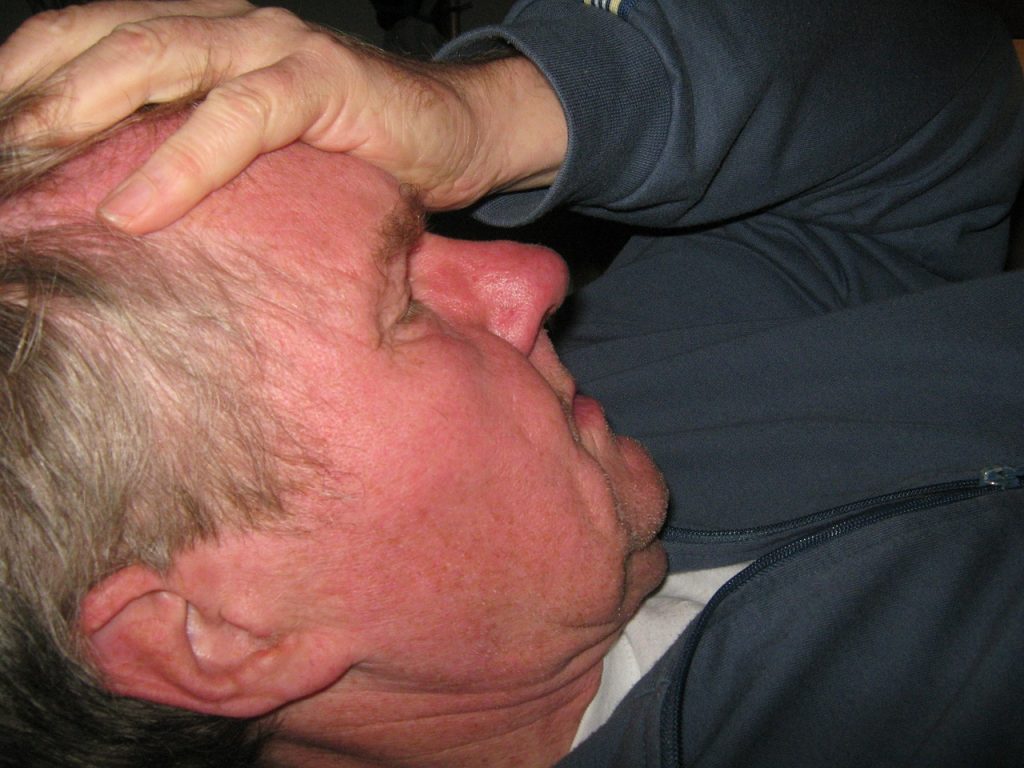
In a cruel catch-22, migraine sufferers know that migraines can disrupt sleep and that a lack of sleep can be a migraine trigger. Also, to make matters even more complicated, oversleeping is another migraine trigger. For most, it does not matter which causes which, they just want relief from painful migraines and in some cases, insomnia. If left untreated, insomnia not only causes migraine, but can cause many chronic conditions including conditions as severe as diabetes.
Table of Contents
How Migraine can cause Insomnia:
Insomnia describes any difficulty falling asleep or staying asleep throughout the night. Many people with migraine report that their migraine symptoms produce poor quality sleep, either because migraine prevents them from sleeping or because migraine wakes them up. Many people also experience headaches immediately upon waking up because many over the counter medications wear off as a person wakes up if they are only getting 4-6 hours of sleep a night. For those with chronic insomnia (more than three nights a week of sleeplessness), they are often irritable, unfocused, stressed, anxious, and depressed. Stress along with the physiological sleep deprivation are both major migraine triggers.
How Insomnia can cause Migraine:
A Missouri State University study suggests that a lack of REM (rapid-eye movement) sleep is linked to migraine. REM sleep is the phase of sleep when we are achieving our deepest rest, but for those with disrupted sleep schedules, they may not get the amount of REM sleep needed to function properly during the day. The hypothesis is that the lack of sleep contributes directly to migraine. Furthermore, lack of deep sleep can cause people to take naps during the day, either to combat migraine or simply fight off sleeplessness, in turn leading to further disruption at night.
Other Sleep-Related Issues that can lead to Migraine:
If you’re falling asleep fine at night, and seemingly staying asleep, you may be wondering why you’re waking up with headaches or migraine. Grinding teeth or clenching of the jaw can occur without a person noticing. A person may have a migraine when they wake up but not notice that the symptoms are from the jaw. An easy fix for this is to wear a nighttime retainer. Another, often unknown sleep disruptor, is sleep apnea. Sleep apnea is when breathing is interrupted temporarily while a person is asleep. The pause in breathing often disrupts sleep without the sleeper fully waking up. This can lead to disrupted REM cycles. Many people with sleep apnea do not realize they have it until someone tells them they do. The depth of its association with migraine is still not fully known.
Other Types of Sleep-Related Headaches:
Beyond migraine, lack of sleep or sleep disruption can lead to other types of headaches. The most common headache associated with a lack of sleep is a tension-type headache. A tension-type headache can feel as if it starts in the neck muscles, temples, or simply feel like a tight band is around the head. Usually more moderate than migraine, tension headache sufferers can still benefit from more sleep. Another type of sleep-related headache is the cluster headache, which can often be confused with migraine. According to Dr. Dawn Marcus in Principals of Gender-Specific Medicine, “Cluster headache is distinguished by the unique headache pattern of brief (30–60 minute duration) and excruciating unilateral, retro-orbital pain.” They generally occur in intervals that last weeks and are followed by headache free periods of up to a year at a time. Less commonly, people can experience chronic cluster headaches which occur daily.
What can be Done?
Routine and/or behavioral changes are required for those who suffer from migraine as a result of sleep problems. Migraine sufferers must go against their natural urge to sleep the headache off, lie down, or rest because as mentioned above, over-resting can exacerbate sleep problems at night. During the day, try regular exercise, increased water intake, and decreased caffeine intake after noon. Also, before bed, while unwinding is key, do not use devices that emit blue light because this can send a false trigger to your brain to keep you awake. This includes computer and phone use. Lack of sleep not only causes migraine but can lead to problems like Alzheimer’s later on down the road, so mastering a proper sleep routine is essential.
Max Gottlieb is the content manager for Senior Planning. Senior Planning is a free service dedicated to helping seniors find Memory Care, Assisted Living, and any other type of long-term care.